"
The virus was invented to reduce the population and enslave the rest that survives
": on social networks, conspiracy theories on the pandemic serve the interests of star influencers, followed by millions of people.
The former candidate of the reality show
Les Marseillais
, Kim Glow, uses Instagram to challenge his million subscribers on the alleged dangers of anti-Covid vaccines that would inject a 5G chip.
Infox on vaccination or the mask hailed by Internet users as a "
language of truth
".
To discover
What is Twitch, this video service that everyone is talking about?
Followed by more than a million and a half subscribers on Instagram and Snapchat, another star of the reality TV Hilona Gos explains that the vaccine of Pfizer would be "
dangerous
" and could "
pass the cancer
" in "
three years
".
Theories, however, scientifically unfounded, as AFP has verified.
A "
trivialization of conspiratorial discourse
"
Lively
music, dances, hashtags abundantly used: "
These influencers have a perfect knowledge of social networks
", analyzes Sylvain Delouvée, lecturer in social psychology at the University of Rennes 2. According to him, "
they will simply use the usual recipes, based on personal stories to challenge, a polished image, a jerky rhythm, neat transitions;
thus they contribute to the popularization and trivialization of conspiratorial discourse
”.
Read alsoHalf of 11-year-old children are present on social networks
These influencers are more likely to reach the younger generations, who go "
on social networks to seek information
", comments Romy Sauvayre, sociologist of beliefs at the University of Clermont Auvergne and the CNRS. 66% of people under 35 first get information on the Internet, especially on their phone, according to a survey on the confidence of French people in the media published in
La Croix
in January. “
However, in the dynamics of the diffusion of beliefs, an important point is the trust that we place in the individual who is going to submit us to a belief. If I join an influencer because I follow him every day, the probability that I believe what he is telling me is greater
, ”points out Romy Sauvayre.
"
No sanctions
"
Snapchat and Instagram, the two favorite social networks of 16-25 year olds, claim to have taken new measures to fight against infox on the pandemic.
“
Health disinformation is an issue that we take very seriously,
” said Facebook, owner of Instagram, without however giving any examples of sanctions against influencers.
Read alsoInstagram faces US senators
“
The content on Snapchat is ephemeral, which makes it much more difficult for false information to be spread virally
,” the app claims.
A format that also allows influencers to escape moderation and debate: "
The story formats (which disappear after 24 hours) avoid having content that can be found, because if you leave a written record, we can raise the archive and find a contradiction
”, analyzes Sylvain Delouvée.
This format also does not allow comments.
"
Generate overreactions
"
These influencers, whose remuneration depends on their audience, "
know that sharing the latest antivax thesis will generate overreactions
," argues Olivier Ertzscheid, lecturer in information science at the University of Nantes.
"
However, the economic model of these platforms means that, in order to monetize content, the taking into account of these interactions is decisive: this is what brings in new advertisers and increases the remuneration from advertising networks
".
Read alsoCan antivax invoke the Kouchner law against the vaccine obligation?
Faced with this, "
the framework on European disinformation is currently very light
", regrets Enguerrand Marique, co-author of "
The regulation of fake news and fake opinions on platforms
". “
There are no sanctions if the code of conduct is not implemented by these private actors, they are rather rules of incentives to act. And, for fear of being asked for damages in the event of an error, these platforms surf on freedom of expression to share bad information that can harm public health
”.
The only threat to conspiratorial influencers is to lose paid partnerships with brands that decide to withdraw under popular pressure.
In March 2020, Kim Glow saw her contract with the GoPromoVoyages agency canceled after a controversy over the minimum wage that shocked Internet users.

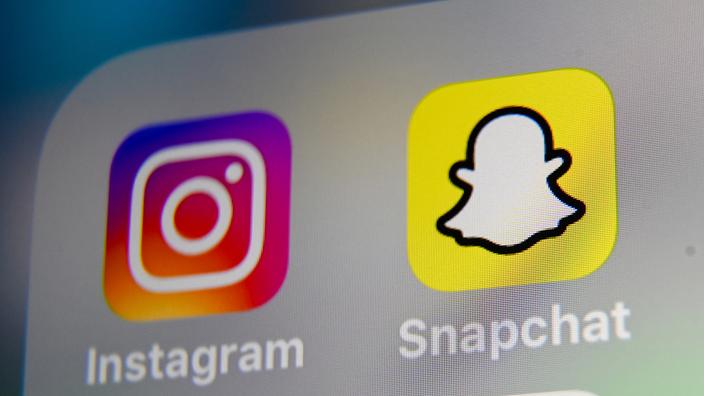

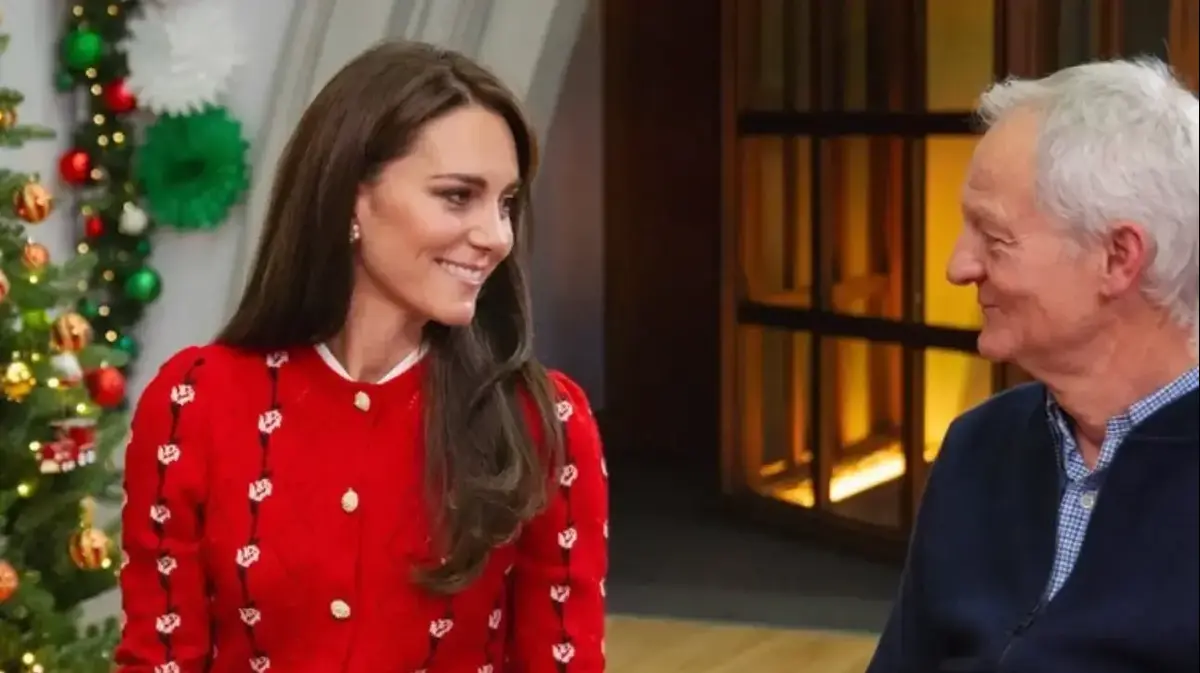
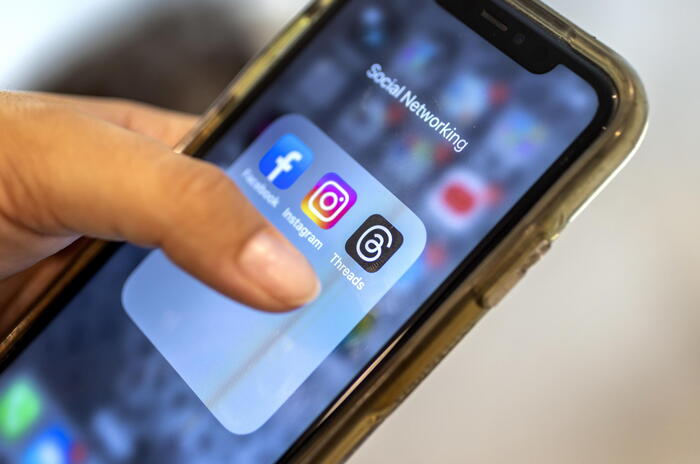
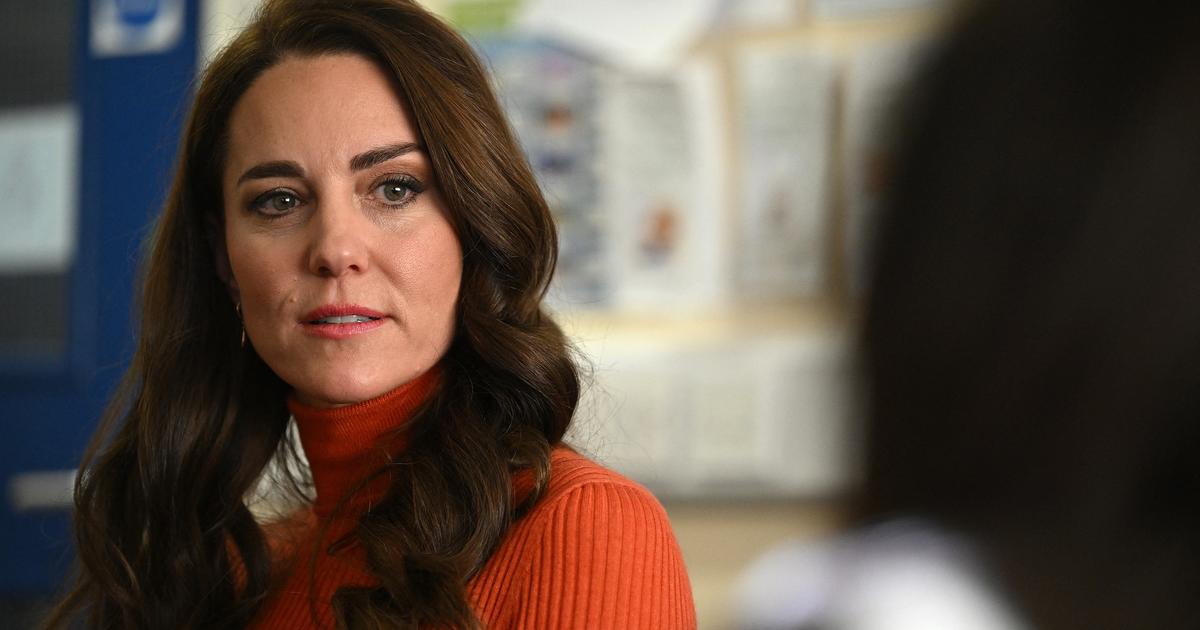

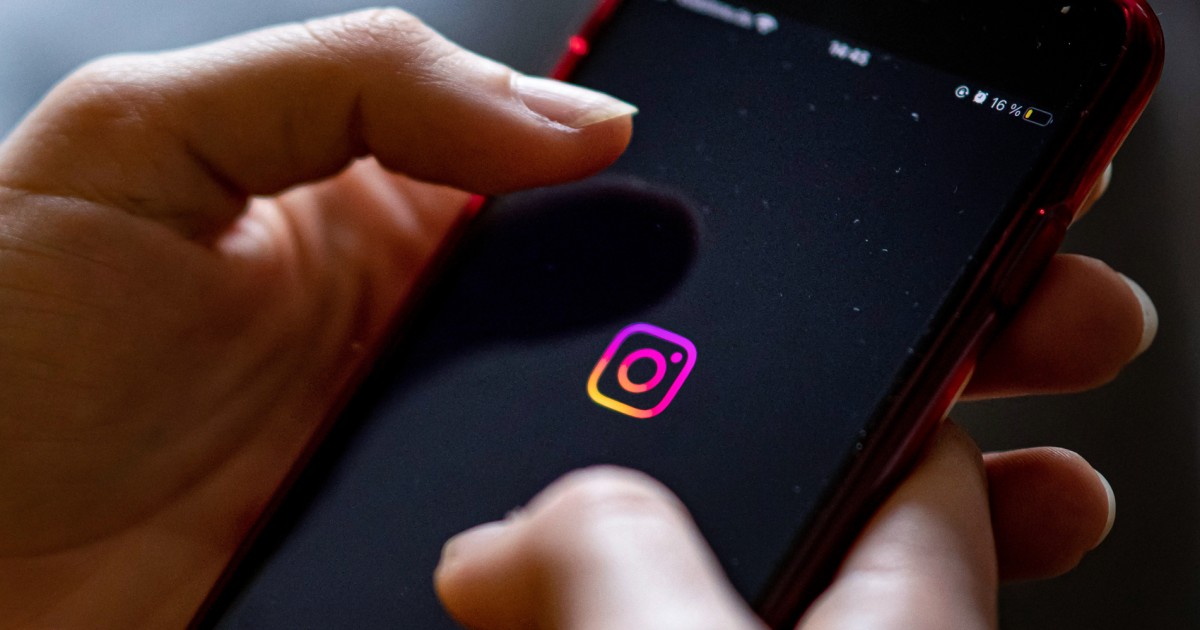





/cloudfront-eu-central-1.images.arcpublishing.com/prisa/KMEYMJKESBAZBE4MRBAM4TGHIQ.jpg)

